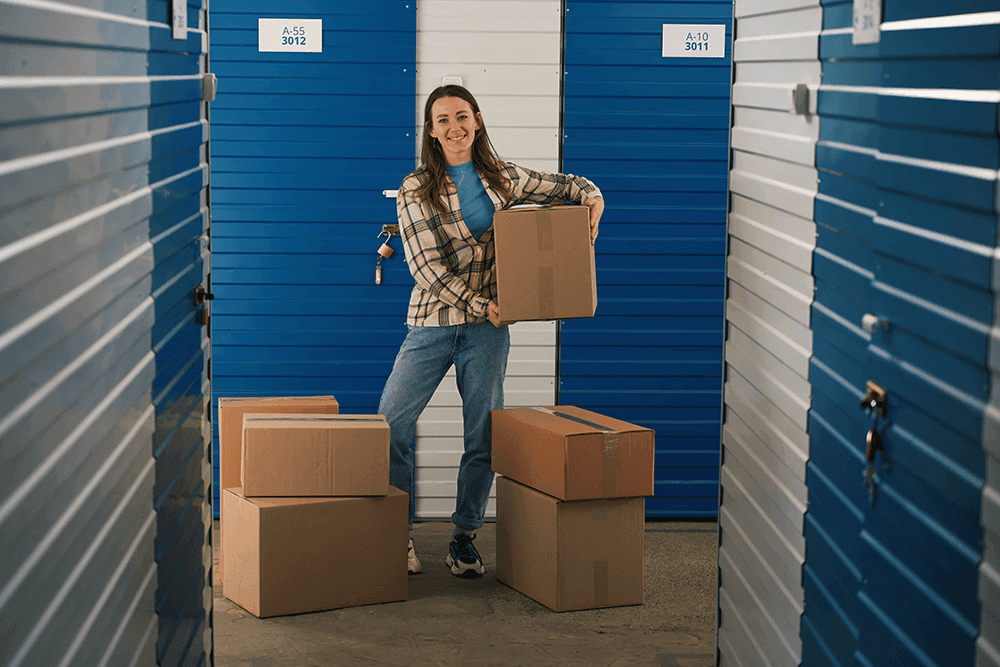
 Seasonal
SeasonalA Helpful Guide to Becoming a Snowbird
Winters in the North are nothing like what is experienced in the South and the Western United States. Biting cold winds and ample snow make getting out and about difficult. This is why thousands of northerners have wisened to the idea of swapping residences during the winter.
These "snowbirds" make their regular seasonal influx during the holidays and stay until conditions have thawed back home. This allows them to experience picture-perfect Northern summers and the best of the south's mild winters -- hitting "Goldilocks" ranges of temperatures all year long.
But snowbirding takes some finesse to make sure all your affairs are in order. Many seasonal travelers have learned the common mistakes of switching locales by experiencing them personally. However, if you're looking to adopt this new lifestyle of snowbirding, you don't have to learn the hard way. Here are five things you should know about becoming a long-term seasonal traveler.
1. Choose Your Snowbird Home Carefully
Snowbirding is different than going on a vacation. You need a home that's comfortable during the season when you will be living there. However, many first-time snowbirds choose their home based on past vacation experiences.
For example, a beach house is a popular choice. If you enjoyed the vacation because there was plenty to do in town, be warned that this community can become a ghost town during the winter. Only choose this kind of place if you want solitude as part of your snowbirding experience.
Your snowbird home must also be in a place where you have access to all the amenities you need. To many people, pharmacies, restaurants, gyms, grocery stores, and local shopping top the list of must-haves. Overall, this place must feel like a second home and be in a place that's conducive to everyday life.
A vacation home that's isolated and 40 miles away from a grocery store can quickly feel impractical. Be sure that you're situated near all the factors that will make your house a home for over a month.
2. Take Care of Your Belongings at Your Northern Home
When you adopt a more mobile lifestyle, you should take care of your items when transferring between climates. For example, when you don't need your summer or winter items, you may find a storage unit rental helpful, especially if you plan to live in an RV for a while.
When you leave your winter house for a few months, it's important to properly "winterize" your summer belongings. If they don't fit in your garage, consider putting them in a storage unit where they can be properly stored and protected in a climate-controlled space.
Be sure to also prep these items carefully by wrapping them in blankets, storing small items in boxes, and using desiccants when necessary to cut down on moisture damage.
3. Make the First Year a Trial Run
When you jump into a pool, it feels cold at first -- shocking even. The same concept applies to snowbirding. Instead of committing to four months at a new place, ease yourself in, one foot at a time, until you're comfortable with the long-term change. "Sample" your experience by renting a place just for a shorter time, like a month or two, before deciding to grow roots for the entire winter.
This new winter location will play a large role in your happiness, which means that it's important to weigh all the pros and cons of the area carefully. If the place doesn't connect with you, scratch it off the list and explore another place next winter. During this trial season, an RV or short-term vacation house rental can serve you well.
4. Handle Your Affairs Digitally
The internet has made paying bills and keeping up with loved ones easier than ever. Just a couple of decades ago, it was difficult to pay bills or take care of crucial affairs when away. Now, you can keep up with your northern home's electric bills, monitor your home security camera, operate lights through home automation, and even grant entry to contractors through electronic lockboxes in case of emergencies.
For extra assistance, you can also hire the help of a property manager to be the go-between for any local presence necessary. It's also possible to redirect regular shipments like subscription meal kits and medication refills redirected to your snowbird home so that you don't miss any of your regular conveniences.
5. Decide Whether to Rent or Buy
Snowbirds either rent or buy their second home. If you choose to buy, then you will be fully responsible for the repairs and upkeep of your second home when you're away. It's also possible to earn money off of this property by renting it to others during the summer when you're away.
Renting means you're off the hook for repairs, but you have less freedom with when and how you use the property. However, you are also free to explore other occasions without any commitment. The choice is yours and depends on your preferences!
6. Decide on Your Storage Method
When you own your second home, storing items like clothing and seasonal gear is quite simple. Most of your items can be kept in a closet or garage. However, if anything needs extra monitoring, such as a jet ski or kayak, you can get greater peace of mind by storing these seasonal items in a storage unit where security watches everyone's entry and exit.
When renting, you may be able to keep some items at the property with the landlord's permission, but you may have limited room. It's also more likely that you have to completely empty the space of your belongings after your time is up. This poses a problem with your seasonal gear.
To make life easier, rent a local storage unit so that you don't have to haul it all back to your northern home.
We're Your Storage Solution!
Storage Rentals of America is your convenient self-storage solution. So come into our office or give our storage experts a call at 1-800-457-5678. Our call center is available 7 days a week and can help determine which storage unit size best fits your storage needs.



